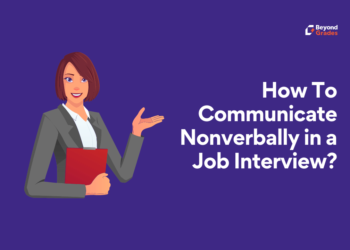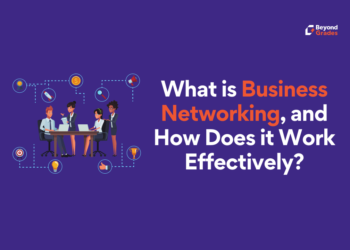[ad_1]
Depression can often go unnoticed at work. Sometimes the person going through it does not realize it himself. However, there are certain symptoms that you can look out for, such as inability to concentrate, feeling exhausted the whole day, or being on the verge of tears most of the time. Feeling inordinately nervous and overwhelmed can also be symptomatic of depression. Dealing with depression is a very difficult task as it is. Add work to the equation, and you are stuck in a very unenviable position.
What is Depression?

Depression is a very complex disease that can be caused by a number of factors like genes, medical issues, trauma or environmental and seasonal issues. The workplace can also be one of the factors. If you are already struggling with depression in your life, then it’s possible that you are dealing with it at work as well.
Depression at Work.
Dealing with depression at work can be a nightmare as you have specific responsibilities and various deadlines that are just not flexible. And if your work starts suffering because of your waning mental health, you feel even more pressure as you could end up losing your livelihood. The fact that we live in a highly competitive world does not help matters one bit. People start hiding their struggles with mental illnesses as they don’t want to be sidelined at work. Co-workers are often too entangled in their own lives to catch the subtle signs of depression, while managers are only focused on productivity and efficiency.
Coping with Depression at Work
Here are some strategies that will help you cope with depression at your workplace:
1. Talk to a Mental Health Professional
Talking to a therapist has to be your first step. A therapist will help develop a plan for your treatment. This can be in the form of weekly sessions or medication. If you don’t want to immediately go to a therapist or the thought of searching for one is exhausting for you, consider consulting the counselor at your workplace. Most companies these days have a counselor at work to help employers deal with work stress or other mental health issues. If your company doesn’t have a counselor, you can ask your friends to recommend you one.
2. Tell the HR or Talk to Your Boss
People usually try to hide their struggles with mental illnesses due to the stigma around them. This is a mistake and will only result in a downward spiral as your performance at work will suffer, and your boss will think it is because of negligence instead of some real issues you are dealing with. Instead, be frank with your boss and tell them you are dealing with depression. You can have a conversation with him, and the two of you will be able to work out how much workload you can manage without being overwhelmed. If your boss is not being supportive, contact the HR of your company.
Consider taking a leave of some days to deal with your issues.
3. Create Coping Mechanisms at Work
Developing coping mechanisms and taking care of yourself will help you get through your workdays. Your therapist can also help you develop strategies to deal with the worst of your depression.

During the workday, make sure to take short breaks. Go for a walk if you start feeling overwhelmed at work. Call a close friend or family member if you suddenly feel close to breaking down. Socialize with your colleagues. It’s important that you don’t isolate yourself. Maintain healthy habits like eating well and going to the gym regularly. On the weekends, go out and have fun with friends.
Dealing with depression can be very tough. It can negatively affect everything from your social life to work performance. Make sure you consult a therapist if you think you have depression. Do not try to keep your mental illness a secret at work. Talk to your boss or inform HR. Try to live a healthy lifestyle to help elevate your mood.
We hope the strategies outlined above will help you cope with depression at work. Which strategy do you think will be most helpful? Let us know in the comment section below. And to know more about mental health issues and ways to cope with them, join our Mental Health group.
[ad_2]
Source link









